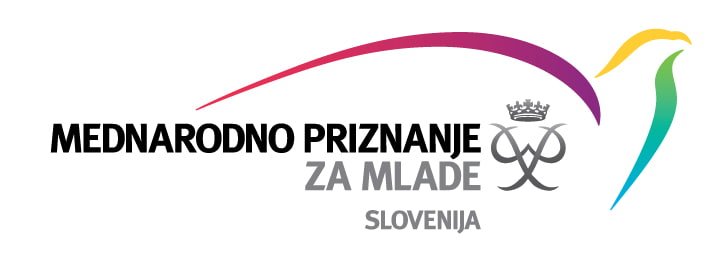Creative Writing for Teaching
Program equips educators with practical, creative writing tools they can immediately apply in their classrooms. Through experiential workshops, independent practice, and reflection, teachers learn how to use writing to boost functional literacy, creativity, empathy, and self-expression among their students.
Project Pillar: Changemakers
Status: finished (January 2025), upcoming: January 2026
In Collaboration with Zavod MEPI and co-financed by the Slovenian Ministry for Education (KATIS)
About the project
-
To empower educators with simple, creative writing tools that enhance functional literacy, self-reflection, empathy, and creative expression in classrooms. The program addresses the need for engaging, human-centered methods in formal education, bridging creativity and pedagogy.
-
We combine experiential learning, independent practice, and reflective application using the Creative Cycle (Plant • Grow • Harvest). Each participant experiences the tools first-hand before applying them in their own teaching context.
-
Target group: Professional staff from primary and secondary schools — particularly class teachers, subject teachers, and MEPI programme mentors seeking to enhance self-reflection, dialogue, and creative writing in their work.
Group size: Up to 20 participants per training to ensure quality and individual support.
Instructor: Meta Pezdir, founder of Lilalab, experienced trainer in creative writing for non-writers, with a background in pedagogy, entrepreneurship, and facilitation.
In collaboration with Zavod MEPI.
-
PLANT
Internal preparation and adaptation of methodology for educators.
5-hour experiential in-person workshop introducing creative writing types (reflective writing, morning pages), functional literacy in everyday life, short story structure, and idea-generation tools (brainstorming, mind maps, visual prompts, improvisation, mindfulness).
Exploration of how to use creative writing for therapy, dialogue, and group connection.
GROW
Independent experiential learning (4 hours total):
Rewriting workshop texts and uploading them to shared digital tools (Google Drive, Miro).
Peer feedback and reflection.
Practical application of at least one learned tool in participants’ own classrooms or mentoring contexts.
4-hour online workshop: reflection on homework, additional writing techniques (titles, perspective shifts, dialogue), and preparation of practical implementation plans.
HARVEST
Optional 1-hour online consultation for individual challenges and mentoring.
Evaluation and collection of feedback on tool application in classrooms.
Follow-up survey after two months to assess sustained use and impact.
-
Implemented through KATIS (Slovenian national professional development system for educators) or direct registrations.
Digital tools: Zoom, Google Drive, Miro, WeTransfer, 1KA.
Facilitator expertise and original Lilalab methodology.
Program done in collaboration with Zavod MEPI.
-
Reach: 10-20 educators per cohort trained in practical, transferable creative writing tools.
Capacity building: Strengthened skills in literacy, communication, creativity, digital competence, and empathy.
Practical application: Participants applied learned tools directly in classrooms, mentoring sessions, or extracurricular activities.
Long-term change: Measurable improvement in participants’ confidence to integrate creative, reflective methods into teaching.
Public value: Enhanced functional literacy and creative thinking in students, indirectly impacting hundreds of learners.
-
Continue offering the training annually, expanding reach while keeping small group quality.
Develop additional subject-specific modules (e.g., creative writing for STEM teachers).
Create a facilitator’s handbook with ready-to-use lesson plans and toolkits.
Follow our journey.
In collaboration with Zavod MEPI





